Just In
- 4 hrs ago

- 7 hrs ago

- 11 hrs ago

- 14 hrs ago

Don't Miss
- News
 MLA Amanatullah Khan Detained By ED, Claims Aam Aadmi Party
MLA Amanatullah Khan Detained By ED, Claims Aam Aadmi Party - Finance
 LIC New Jeevan Shanti 858 Plan: How To Earn Rs 10,000 Pension Per Month After Retirement? Check Eligibility!
LIC New Jeevan Shanti 858 Plan: How To Earn Rs 10,000 Pension Per Month After Retirement? Check Eligibility! - Sports
 PBKS vs MI, IPL 2024: 'Jasprit Bumrah is the Greatest Match Winner' - Twitter Hails MI Pacer after Amazing Bowling
PBKS vs MI, IPL 2024: 'Jasprit Bumrah is the Greatest Match Winner' - Twitter Hails MI Pacer after Amazing Bowling - Movies
 Yeh Rishta Kya Kehlata Hai Controversy: YRKKH Actor Makes BIG Revelation About Shehzada Dhami: Alag Dhang Se K
Yeh Rishta Kya Kehlata Hai Controversy: YRKKH Actor Makes BIG Revelation About Shehzada Dhami: Alag Dhang Se K - Automobiles
 Aprilia RS 457 Accessories: A Detailed Look At The Prices
Aprilia RS 457 Accessories: A Detailed Look At The Prices - Education
 Karnataka SSLC Result 2024 Soon, Know How to Check Through Website, SMS and Digilocker
Karnataka SSLC Result 2024 Soon, Know How to Check Through Website, SMS and Digilocker - Technology
 Nothing Ear, Ear a With ANC, Up to 42.5 Hours of Battery Launched; Check Price and Availability
Nothing Ear, Ear a With ANC, Up to 42.5 Hours of Battery Launched; Check Price and Availability - Travel
Telangana's Waterfall: A Serene Escape Into Nature's Marvels
How Your Body Gets Energy
All of us need energy to stand sit, walk, jump, move, talk and even think. Where do we get this energy from? Well, the food we eat gets this energy to us.
Also Read: 10 Genuine Reasons To Detox
In fact, even your internal organs need energy to work properly. Your liver, heart, brain and muscles- all of them need fuel to do their jobs. Most of us have associated food with taste and pleasure but food should be eaten to get some energy and nutrients.
When mankind was fairly new to this planet, we all ate food to just live and survive; gradually, we have started living a life only to eat and enjoy all earthly pleasures.
Also
Read:
The
Truth
About
Good
Foods
And
Bad
Foods
Though pleasure isn't something to be avoided, your health goes for a toss when you overeat just for the sake of the pleasure your taste buds get. Now, let us discuss more about how the human body processes the food to derive energy.
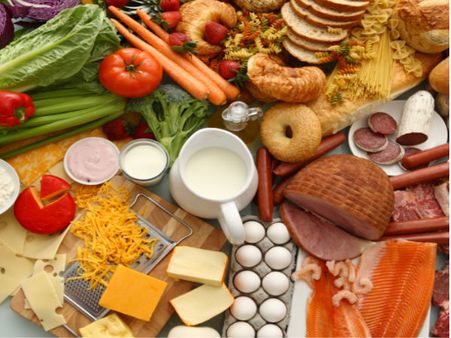
After You Eat Something...
The food you eat enters the stomach. Your stomach releases certain enzymes and acids in order to digest the food.
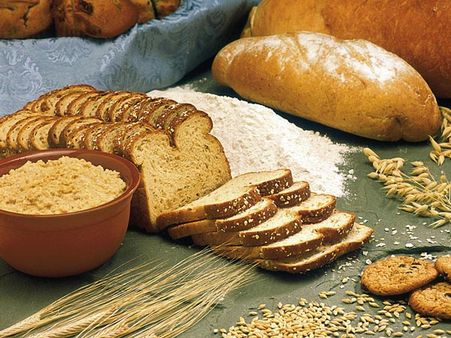
The Carbohydrates...
During the process of digestion, the carbs present in your meal get converted into glucose.
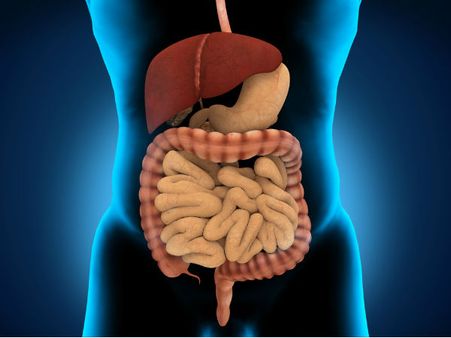
Where Does Glucose Go?
The glucose that is derived from carbs and starch is then absorbed by the small intestines as well as your stomach. Then the glucose is released into your blood.

Glucose Gives Energy
The glucose that gets into the blood can provide you instant energy. If you don't need that energy, your body can also store it so that you can use it later.
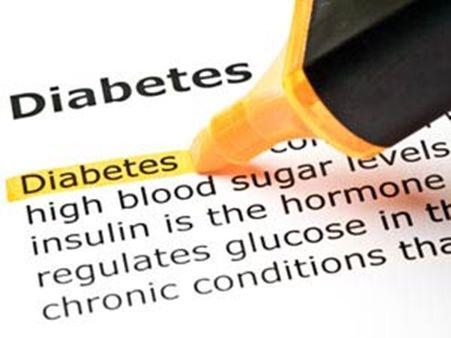
What's Insulin?
Here comes another player known as insulin. You need insulin in order to store glucose or even use it. If you don't have insulin levels, all the glucose will get accumulated in your blood and this leads to high sugar levels in your blood.
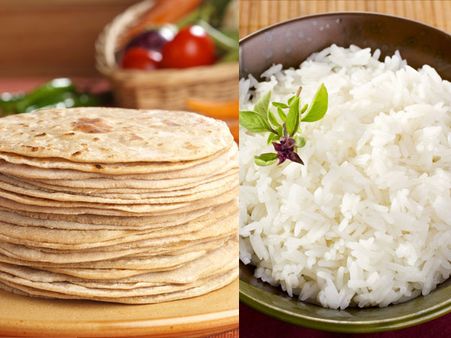
What Carbs Do?
Your pancreas release insulin. When you eat a food that is rich in carbohydrates, your blood sugar levels increase as all the carbs and starch get converted into sugar. So, your pancreas release more insulin to manage the blood sugar.

Your Energy Levels
Balancing the glucose levels with the help of insulin, your body tries to keep your energy levels stable. This is how you run, play, walk, work and even sleep.
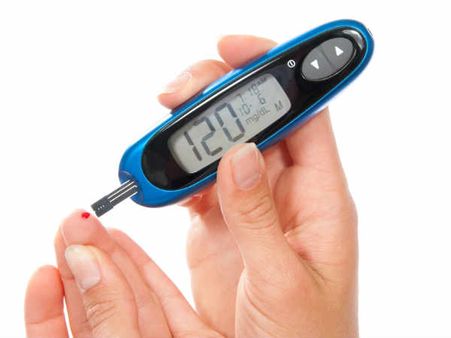
What's Diabetes?
When a person's body fails to manage insulin levels or fails to secrete enough insulin, diabetes might occur.
-
 healthExclusive: Expert Shares Impact of Heat Waves on Infectious Disease Transmission
healthExclusive: Expert Shares Impact of Heat Waves on Infectious Disease Transmission -
 healthExclusive: Doctor Shares Why Women Should Prioritize Health, Key Resolutions For Well-being And Vitality
healthExclusive: Doctor Shares Why Women Should Prioritize Health, Key Resolutions For Well-being And Vitality -
 healthEverything You Need To Know About Deadly H5N1 Virus That Can Be 100 Times Worse That COVID-19 Pandemic
healthEverything You Need To Know About Deadly H5N1 Virus That Can Be 100 Times Worse That COVID-19 Pandemic -
 astrologyWorld Health Day 2024: Holistic Health Tips For 12 Zodiac Signs As Per Astrology
astrologyWorld Health Day 2024: Holistic Health Tips For 12 Zodiac Signs As Per Astrology -
 healthInstagram Claims Grapes Are Contaminated With Pesticides, Methods To Clean It Properly Before Consuming Them
healthInstagram Claims Grapes Are Contaminated With Pesticides, Methods To Clean It Properly Before Consuming Them -
 healthDutch Woman Opts For Euthanasia In May Not Due To Physical Illness, Know How To Build Mental Resiliance
healthDutch Woman Opts For Euthanasia In May Not Due To Physical Illness, Know How To Build Mental Resiliance -
 health20-Year-Old Man In China Suffers From Delusional Love Disorder, Know What Is Erotomania And Its Signs
health20-Year-Old Man In China Suffers From Delusional Love Disorder, Know What Is Erotomania And Its Signs -
 healthExclusive: On World Autism Day 2024, Let Us Empower Parents With Positive Strategies For Autism Care
healthExclusive: On World Autism Day 2024, Let Us Empower Parents With Positive Strategies For Autism Care -
 health10 Year Old Girl Dies After Eating Cake, How To Identify A Bad Cake Online, What Health Risks It Can Pose
health10 Year Old Girl Dies After Eating Cake, How To Identify A Bad Cake Online, What Health Risks It Can Pose -
 healthLove To Cuddle? These Are The 10 Amazing Health Benefits Of Cuddling Which Will Make You Want It More
healthLove To Cuddle? These Are The 10 Amazing Health Benefits Of Cuddling Which Will Make You Want It More -
 astrologyApril 2024 Health Horoscope: Know How This Month Will Affect Zodiac Signs In Terms Of Wellness
astrologyApril 2024 Health Horoscope: Know How This Month Will Affect Zodiac Signs In Terms Of Wellness -
 healthWhat Is iPhone Finger? Here's Why You Need To Worry About Its Negative Effects
healthWhat Is iPhone Finger? Here's Why You Need To Worry About Its Negative Effects


 Click it and Unblock the Notifications
Click it and Unblock the Notifications



